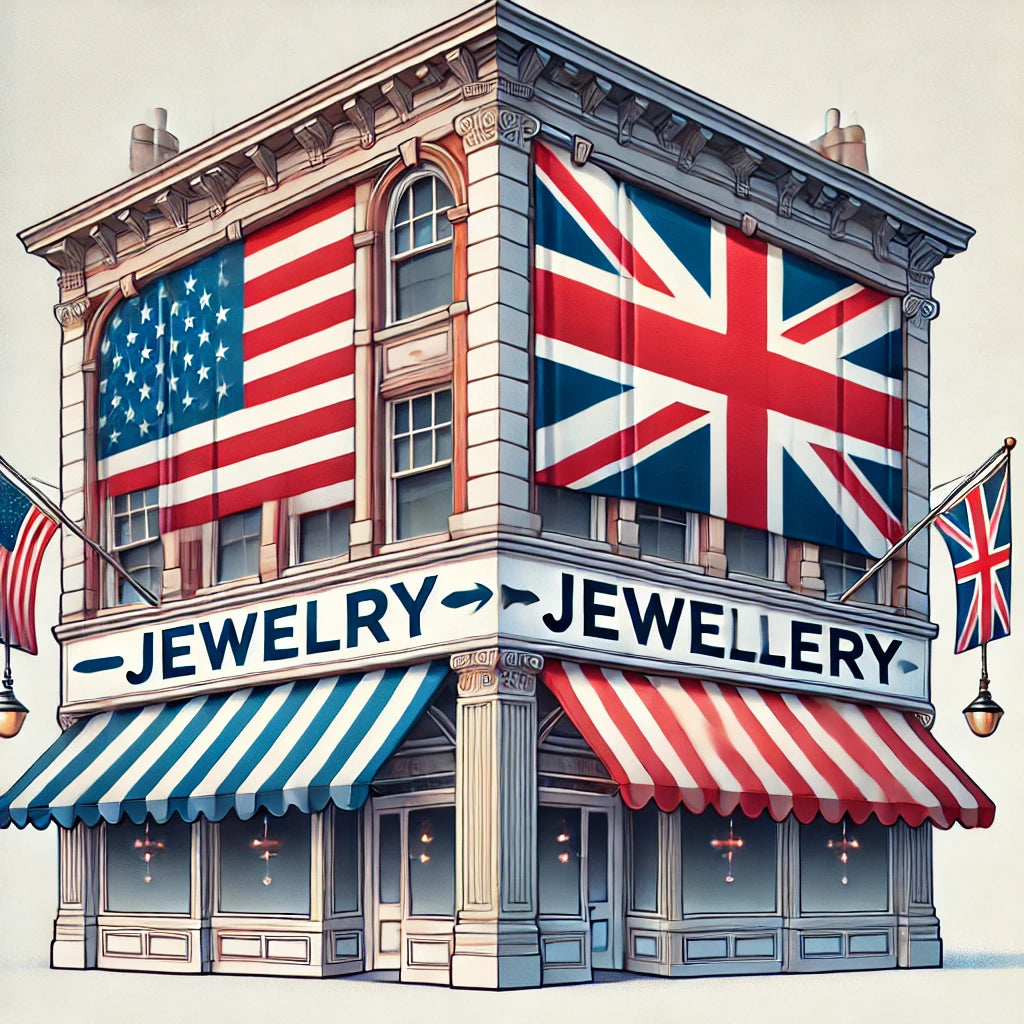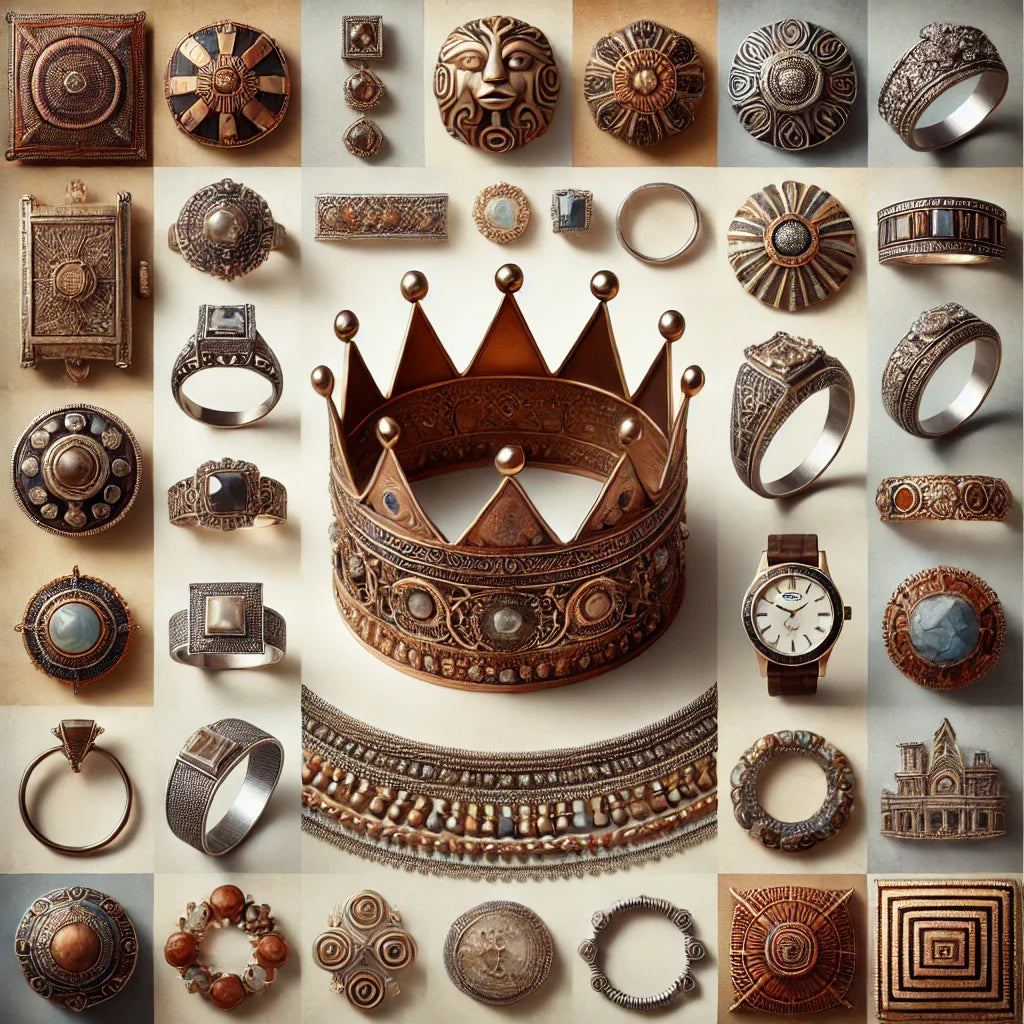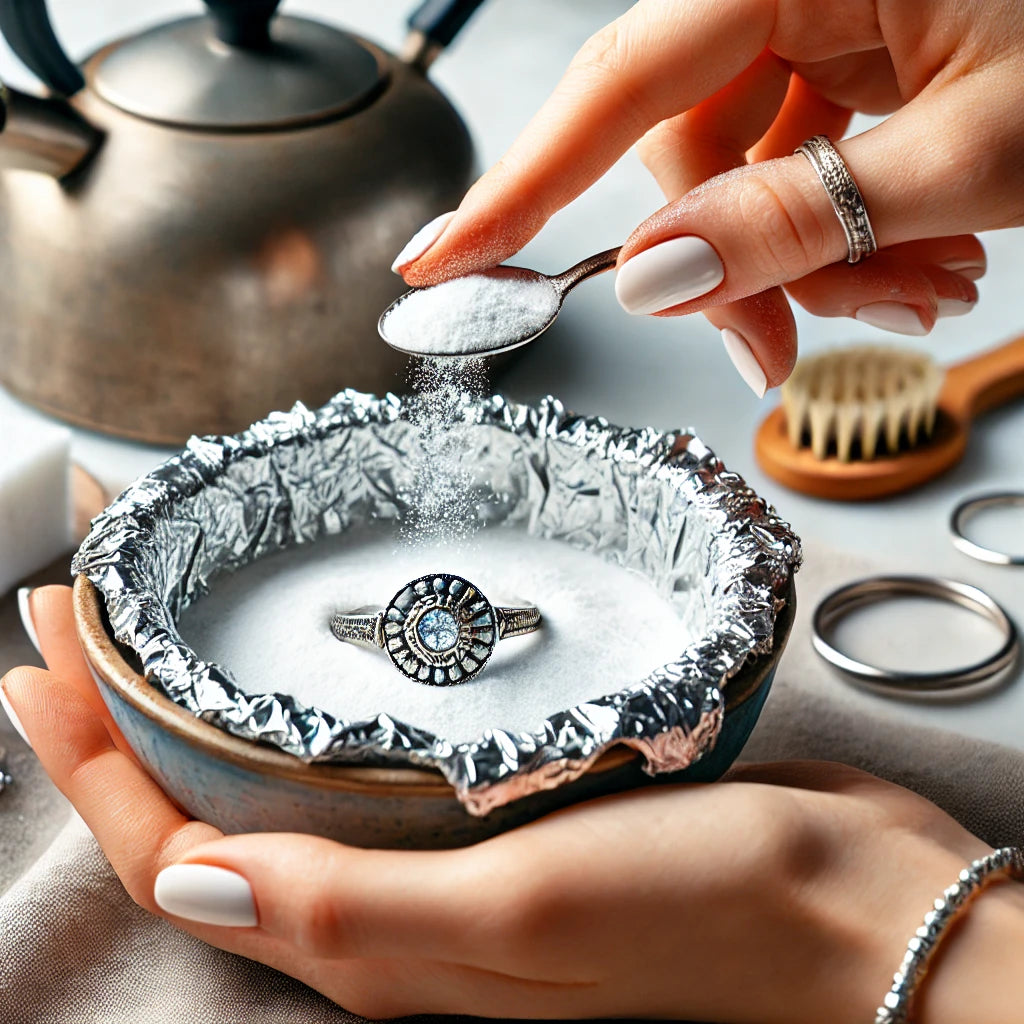Language is a fascinating aspect of culture, and the way words are spelled can often vary depending on regional preferences. One common example of this is the word used to describe decorative items worn for personal adornment. Should it be spelled "jewelry" or "jewellery"?
How do you spell jewellery? Let's delve into the history, usage, and regional differences of these two spellings.
The Origins of the Word
The word "jewelry" originates from the Old French word "jouel," which means "plaything" or "delight." This, in turn, was derived from the Latin word "jocale," meaning "plaything." As the word evolved in the English language, it took on the meaning of decorative items made from precious metals and gemstones.
Regional Differences
American English: Jewelry
In American English, the correct spelling is "jewelry." This version is widely used in the United States and is found in American dictionaries, advertisements, and publications. The simplified spelling reflects the American tendency towards more streamlined and phonetic spellings.
Examples:
- "She wore a stunning piece of jewelry to the gala."
- "The jewelry store had a wide selection of rings and necklaces."
British English: Jewellery
In British English, the correct spelling is "jewellery." This version is used in the United Kingdom and other countries that follow British English conventions, such as Australia, Canada, and South Africa. The British spelling retains the extra "e," which is more consistent with other related words like "jeweller" and "jewellery box."
Examples:
- "Her collection of antique jewellery is quite impressive."
- "The jewellery shop in London is renowned for its bespoke designs."
Why the Difference?
The divergence in spelling between American and British English can be traced back to the early 19th century when Noah Webster, an American lexicographer, sought to simplify English spellings in his dictionaries. Webster aimed to make spellings more intuitive and reflective of pronunciation, leading to many of the differences we see today between American and British English.
Other Examples of Spelling Differences
The jewelry/jewellery distinction is part of a broader pattern of spelling variations between American and British English. Here are a few other examples:
- Color (US) / Colour (UK)
- Theater (US) / Theatre (UK)
- Organize (US) / Organise (UK)
- Traveler (US) / Traveller (UK)
Usage Tips
When writing or speaking about jewelry, it's important to consider your audience. If you are addressing an American audience, use "jewelry." If your audience is British or from a country that follows British English conventions, use "jewellery." This consideration ensures that your communication is clear and culturally appropriate.




